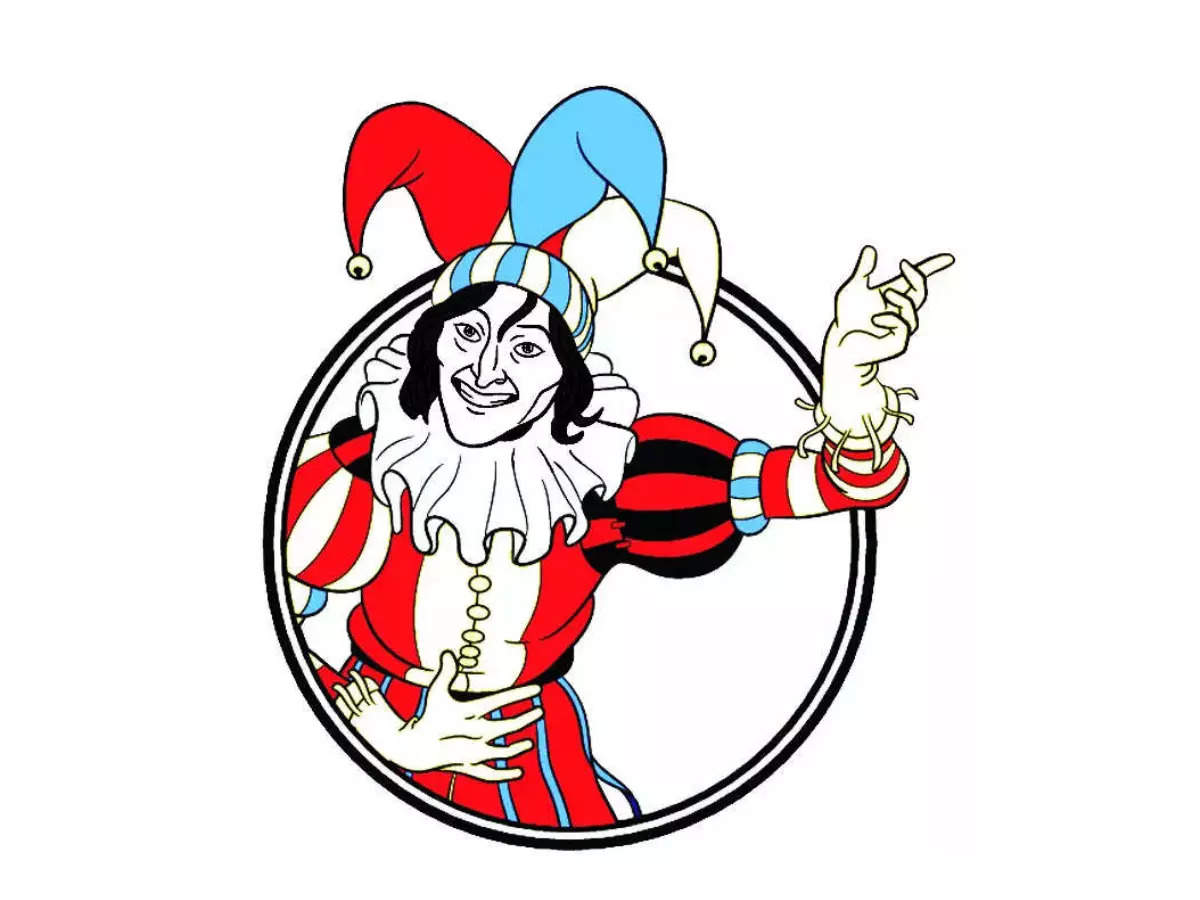Even as Indian officialdom continues to sniff at anything to do with libations, it was a pleasant surprise to find judicial banter turn to the matter of enjoying a drink – whisky, to be precise. During a Supreme Court hearing, rather aptly on whether ‘industrial alcohol‘ should qualify as the drinking variety – and, thereby, should be taxed as such – Chief Justice D Y Chandrachud and senior advocate Dinesh Dwivedi had a playful exchange pertaining to the good stuff. In reply to Dwivedi’s apology for his hair retaining ‘Holi colours’, Chandrachud quipped whether it had ‘nothing to do with the alcohol‘. Instead of denying the ‘charge’ as is wont in officious situations, Dwivedi showed gumption and taste, admitting that he, indeed, was a ‘fan of whisky‘, specifically malt whisky.
It is strange that a country that leads the world in whisky consumption finds celebrating official events with a drink – usually a glass of wine or a flute of champagne – to be taboo. We know the source of the issue – the teetotaller and anti-alcohol barrister from Porbandar. But what this unwritten code has done is left India to view imbibing alcohol as a form of sin. It wouldn’t be an exaggeration to suggest that lifting this ban in official circles could help make drinking universally be seen as a social activity, rather than automatically as an anti-social one.











